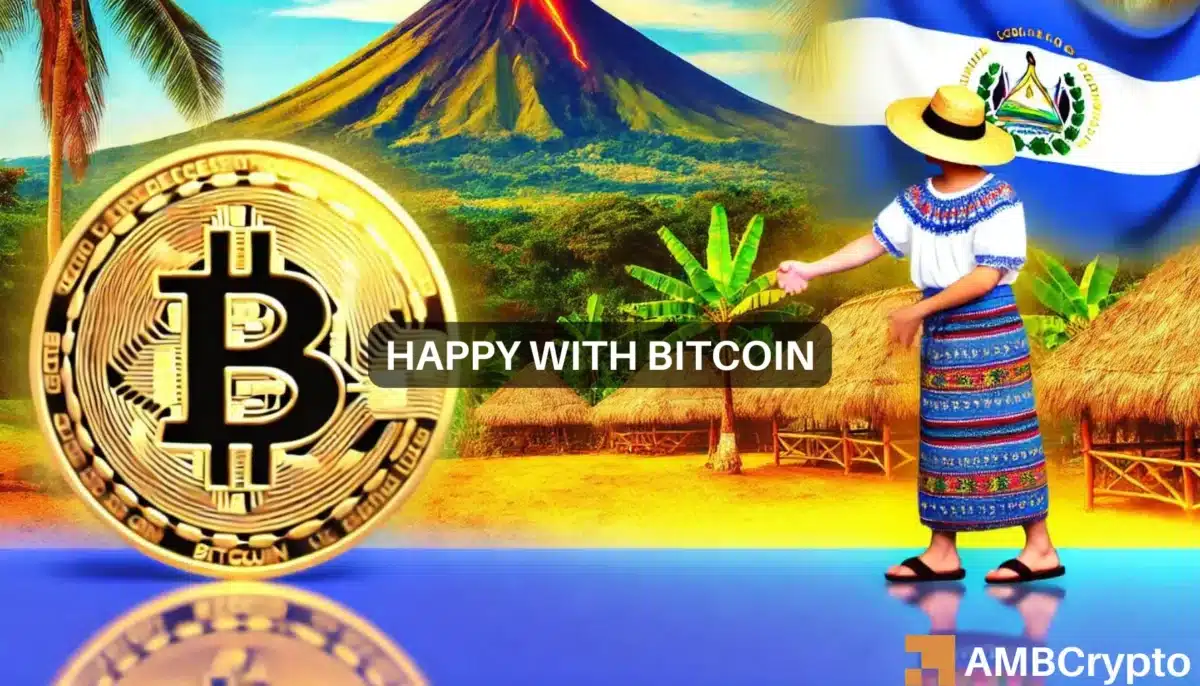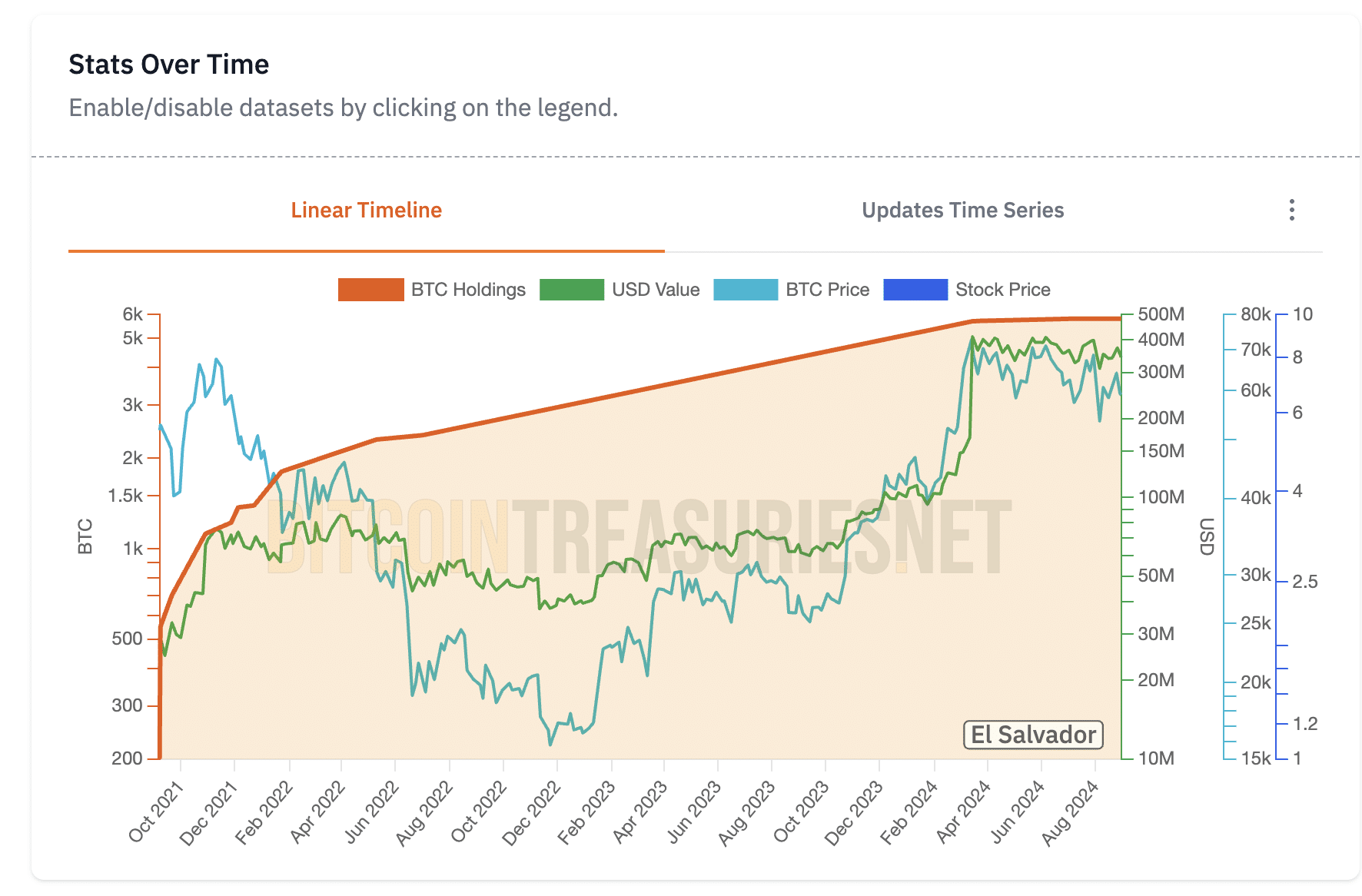El Salvador’s Nayib Bukele – Bitcoin strategy a ‘net positive’ despite low adoption

- El Salvador’s strongman has doubled down on BTC despite low adoption stats
- Bukele still confident in Bitcoin’s future
El Salvador’s Nayib Bukele came in for a lot of criticism when he recognized Bitcoin as legal tender across the country. Especially from the likes of the International Monetary Fund and the World Bank. 3 years since, however, the country now has $400 million in BTC reserves, with its decision to hold the cryptocurrency as a reserve asset seeming like a very good idea.
This was the gist of part of Bukele’s latest interview with TIME. According to El Salvador’s President, while the experiment hasn’t been a complete success, “the positives have so far outweighed the negatives.”
Low adoption, but still a “net positive”
Why does the statesman think so though? Well, adoption hasn’t been as high as initially expected, with Bukele underlining the same during the aforementioned interview. Even so, he believes that Bitcoin is a currency with a future, even if it may not be the “currency of the future.”
In fact, El Salvador’s President believes that the biggest success associated with the country’s adoption of BTC has to do with the fact that adoption was completely voluntary. He said,
“The positive aspect is that it is voluntary; we have never forced anyone to adopt it. We offered it as an option, and those who chose to use it have benefited from the rise in Bitcoin.”
Despite the less than anticipated adoption rates though, Bukele believes there is “still time to make some improvements.” In fact, on the whole, the country’s foray into Bitcoin has been a “net positive,” with the same underlined by the fact that its Bitcoin treasury holdings are worth almost $400 million now.

Source: Bitcoin Treasuries
All the other benefits
Outside of the monetary benefits, El Salvador has also been at the right end of a lot of branding, investments, tourism, and attention. The expected inauguration of a “Bitcoin City” is a case in point, with many institutions, both private and state-owned, following the country’s lead to dive into this asset class completely. In many way, El Salvador had the “First Mover” advantage over other countries doing the same with Bitcoin.
He added,
“The fact that major Wall Street companies are now engaging in it—something that seemed unthinkable three years ago when we did it—shows its impact. Some countries already hold reserves in Bitcoin or are investing in Bitcoin and Bitcoin mining.”
Here, the significance of what he’s stating should be stressed, especially since cryptocurrencies as an asset class are an important issue in the upcoming U.S elections. Former President Trump, for instance, has already completed his pivot towards cryptos, even accepting them in the form of donations. On the contrary though, Vice President Harris has been more circumspect, something that might work against her in November.
These may be the reasons why El Salvador’s President is still doubling down on Bitcoin, with the country expected to buy more BTC for its treasury soon. In fact, such has been its impact that despite initial misgivings, the IMF last year released a report which claimed that “the risks of Bitcoin in El Salvador have not materialized.”






